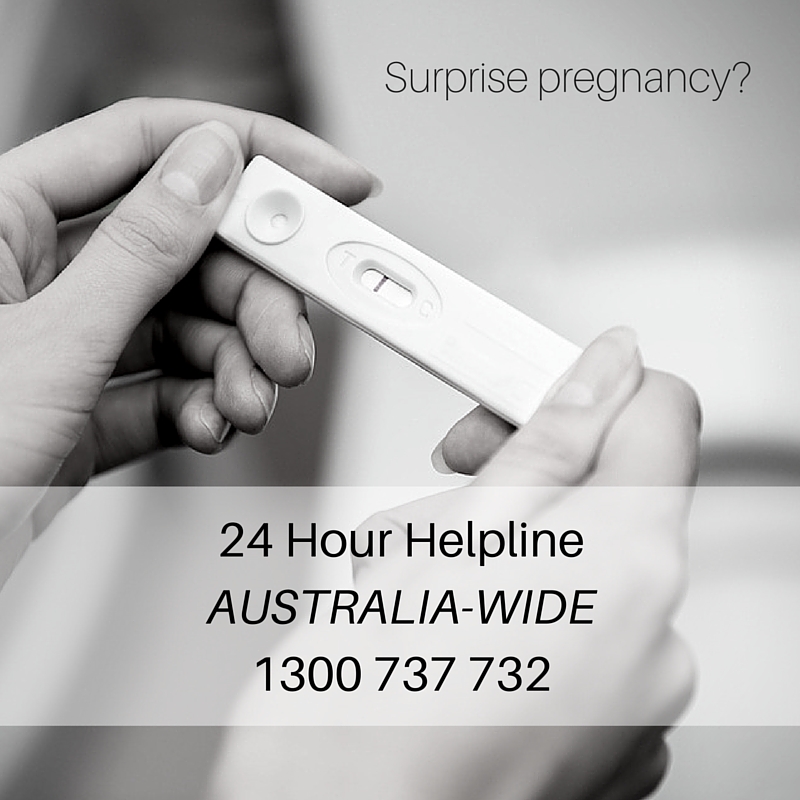In Their Words: Dr. Jerome Lejeune
In Their Words is a new section of the website devoted to quotes from famous pro-life and pro-choice activists and thinkers, and also includes some personal testimonies. Today’s post looks at Dr. Jerome Lejeune.
Dr. Lejeune was a French researcher who is known as the father of genetics, since it was he that discovered the extra set of chromosomes in Downs Syndrome patients, and renamed the condition trisomy-21. Lejeune was well-known for his compassionate acceptance of people with disabilities, and in 1994, became the first president of the Pontifical Academy for Life.
The following are extracts from a presentation given by Dr. Lejeune, upon his receiving the William Allen Memorial Award, from the American Society of Human Genetics in 1969. Lejeune took the opportunity to question the practice of using then-newly-discovered diagnostic tools, such as amniocentesis, to identify and discard babies who showed unusual chromosomal patterns. I hope you will take the time to read the entire speech - it really is a great source of pro-life apologetics material made from a scientific point of view. (Click here to read the whole speech.)
Anti-Darwin
In the first section of his speech, Dr. Lejeune discredits Darwin’s theory of evolution, noting that speciation among animals is not at all similar to the differentiation of mankind’s races. He cites chromosomal anomalies, such as trisomies, as proof that our chromosomal pattern is under internal pressure to mutate, but manages to remain basically stable.
No matter how we tackle the problem, it follows from the actual findings that the present-day human karyotype [pattern of chromosomes] must have appeared first in an extremely small group, even as small as one couple, and must have maintained itself constant, simply because it was the very best solution. It follows also that mankind is a biological unit of which races are variations with no precise boundaries. Hence the old idea that human beings are brothers is not an ethical hypothesis or a purely moral goal, but simply a correct expression of plain reality. The recognition of such brotherhood is very comforting, but increases our concern as human geneticists for the destiny of those unfortunate children who do not share equitably our chromosomal heritage.
Lejeune then goes on to defend the rights of humans with chromosomal abnormalities to be given the chance to live out a fulfilling existence; at least to be given the chance to be born. He cites cases known to him of talented medical staff who lived and worked with chromosomal anomalies.
Applied Eugenics
This next section is a gem: guidelines for an ‘institute of applied eugenics’: if it’s too difficult for family members or doctors to make a decision about terminating a ‘defective’ preborn child, then perhaps that decision should be left to a board of ‘specialists.’
Thus the time is ripe to see what kind of facility for research and applied eugenics should be constituted to manage these problems. Indeed, there would be no reason whatsoever to limit the competence of this facility merely to chromosomal aberrations, but its terms of reference should include all inborn errors, either genic or chromosomal. In order to work out entirely this “technical” approach, let us read the minimal statutes that such a facility should have:
Elements of the Statutes of New Facility for Research and Applied Eugenics
Article I
Considering the disputed issue of mankind’s betterment, noting the burden imposed upon society by genic and chromosomal diseases, and recognizing the limitation of the available solutions, a special Institution for Research and Applied Eugenics is created: “THE NATIONAL INSTITUTE OF DEATH”
Article II
Under the scientific scrutiny of a board of specially appointed advisors, the NATIONAL INSTITUTE OF DEATH will:
A. Decree on undesirable genes or chromosomes.
B. Deliver unhappy parents from unwanted pregnancies.
C. Discard embryos not fitting standard requirements.
D. Dispose of newborns not reaching minimal specifications of normalcy.
E. And generally, destroy, delete, or decry any human condition voted against by the above-mentioned board of advisors of the NATIONAL INSTITUTE OF DEATH.
Article III
To prevent an possible error, concern, or prejudice, the advisors shall be chosen from among knowledgeable persons not belonging to any philosophy, society, or race.
Obligations of Doctors
Lejeune’s conclusion challenges the medical community to accept those little ones whose defects they have detected in utero:
… I believe our response must be guided by two sentiments only - humility and compassion. Humility because we must recognize we have no ready-made answers, because geneticists have not broken the secret of the human condition, and because scientific arguments are of little help in ethical issues; compassion because even the most disinherited belongs to our kin, because these victims are poorer than the poorest, and because the sorrow of the parents cannot be consoled by science. But should we capitulate in the face of our own ignorance and propose to eliminate those we cannot help?
Dr. Lejeune’s legacy is continued through the work of Lejeune USA. You can find out more about this great pro-life organisation here on their website.
To read the entire speech Dr. Lejeune made to the American Society of Human Genetics, click here.


